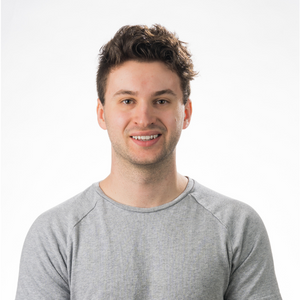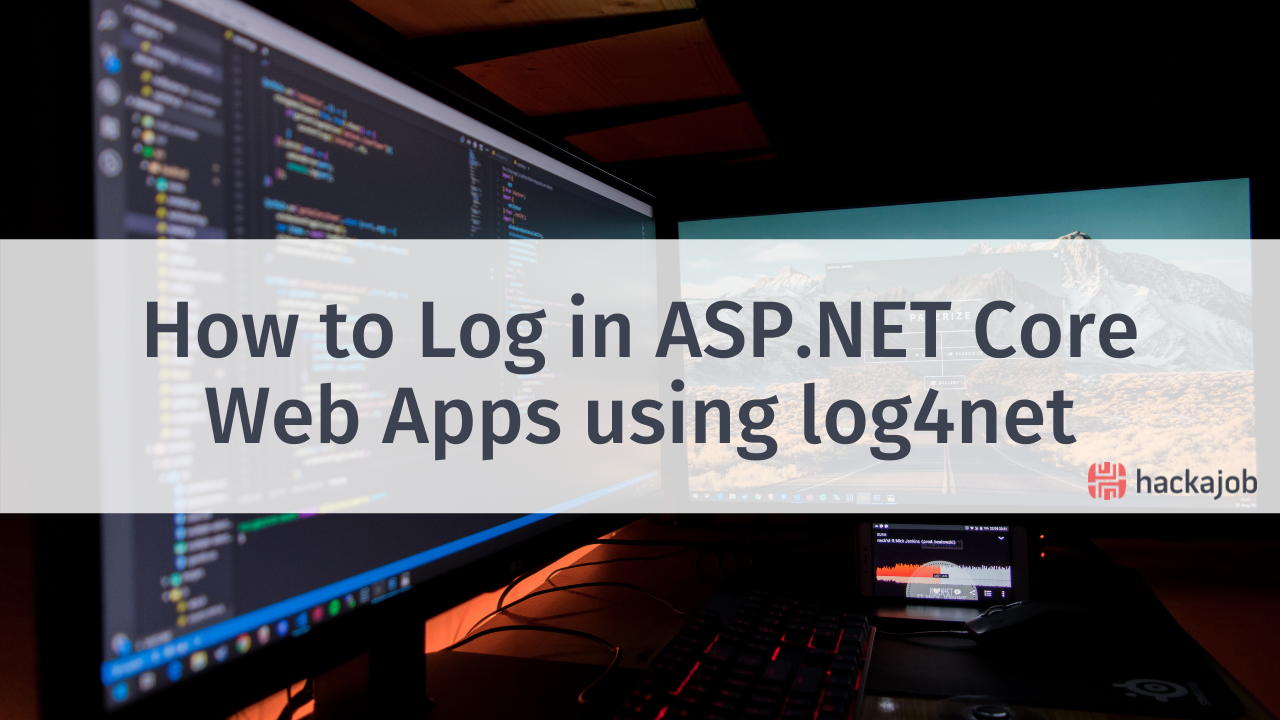Ever wondered how it is to work as part of the tech team for one of the world's most established global business publications? Whether you’re a Business Intelligence Engineer, Software Engineer, Analyst or more, find out in our interview with Ezra, an employee since 2021, as we get into how the Financial Times helped with an international move, a career change and more!

Hi Ezra, tell us more about yourself and your current role at the Financial Times
I joined the Financial Times in September of 2021, having recently moved from Canada to the UK. During my time at the University of Saskatchewan, I completed my degree in Management, a far cry from what I do now. However I ended up working at a software company in Canada, and eventually made the decision to move to the UK.
I actually struggled to apply for jobs from Canada that were based in London. When I first arrived here in the UK, I created a profile with hackajob and someone from the Financial Times reached out on the platform. I was excited that any job had gotten back to me, I didn’t expect a company of the magnitude of the Financial Times. It turned out pretty perfect – I applied created a profile, and the first person who reached out to me turned out to be an instant job connection. I definitely owe a lot to hackajob for getting me connected with such an awesome company.
You haven’t necessarily had a straightforward route into tech – what made you pivot towards it and how has the transition been?
I spent most of my degree not sure of what I wanted to do, which was different because it seemed like everybody else not only knew what they wanted to do but also had their lives planned out. In my very final class, I did a research marketing trip to Germany where the purpose was to talk to German companies about how they use data to make decisions and drive business. Little did I know that that would be what would change my perspective on my entire career and launch me into data analytics.
I became so curious and intrigued by all aspects. It felt like a fire lit underneath me to pursue this. After a few jobs (and job rejections), I eventually landed a marketing role at a company in Canada. I was bold when joining and mentioned that I was interested in some of the biggest problems with the company, that wasn’t even within my purview as a marketing strategist. I wanted to tackle churn analysis, anticipate and predict revenue etc. I learned from people with experience of almost a decade and being mentored really helped me advance in my career.
What have been the highlights and challenges of your time at the Financial Times?
Moving from a software company, where we had a very simple data stack with three or four tools to the Financial Times which has more processes and serves a bigger part of the nation, was definitely a way for me to grow. Within the digital advertising space, we do so much, so we have a lot of sources of data that need to be ingested and processed in different ways. It's been a challenge, but it's been really exciting.
One thing in particular that challenged me when I first joined (and was a large part of why I was hired) was our Looker migration project. To put it shortly, we were using chart IO, which is now discontinued, as our visualisation tool for everything. We had an ambitious timeline, but our team worked like a well-oiled machine. If I’m honest, I really love the way we work as a team. We actually managed to get everything that we wanted to deliver done before the deadline so that was something to really be proud of.
And now in the past year. I've really helped the team and my team has been leading the charge in the Financial Times in product and tech for data monitoring. We’ve been setting up data reports that monitor the quality of our data and send alerts to us before stakeholders realise that there's an issue. And then another thing we've helped, and where my marketing experience has helped is designing documentation as well. So writing out technical documents in an understandable and digestible way for people who are either technical stakeholders who would understand the jargon, or there could be business stakeholders who don't have any clue what programming languages are, or they just want to know what the table is or what they should expect or what it should mean. So I’d also say don’t count yourself out if you didn’t start off in tech!
What are the differences you’ve found working in the UK and in Canada? Do you have any tips for others looking to make an international move or any ways that Financial Times helped to make the process smooth?
So many differences! Having moved from Canada and working in North America to moving to the UK and working in a more European-style culture in terms of work workplace has been a change. The Financial Times have great benefits and does things for their employees that help with peace of mind, work/life balance as well as fun things. I was also pleasantly surprised by the way the Financial Times takes care of us. For example, when it comes to the changing economy, we're not left out to dry, which is important.
From a workplace perspective, perspective, there's less pressure to exhaust yourself and lose the work/life balance. In North America, you're on the clock constantly and if you take time away from your screen, or have too long of a conversation or lunch break, it’s not long before someone notices and says something. Whereas here, especially at the Financial Times, there’s a very heavy focus on the flexibility of your work. It's nice to not have to worry about that.
What types of technologies or tech stack do you use at the Financial Times?
We use AWS services, s3 for storage and Redshift for processing in our database. We also use BigQuery from Google and Looker, which is now also owned by Google. These are the front-end-facing tools that we use for processing and like the final form of our data. We also move our data around with airflow by Apache. I hope that we continue to add even more modern data stack tools to the fold this year. We have to constantly keep thinking ‘how can we make this better’ just like we do in our jobs. It’s imperative to look at our data stack and say, ‘Is this working? Or is there a better way to do this?’
What types of benefits can engineers looking for their next role expect when joining?
The Financial Times does its best to cover all the bases when it comes to workplace benefits for everyone. Whether that's your pension (they have an excellent pension scheme), health benefits, dental, or even eyewear. There’s also a cycle-to-work scheme, access to gym membership and more. They evaluate the benefits for employees to help us with the rising cost of living and just having a better quality of life.
We also have a great office (and I’m not just saying that) and a truly flexible working environment. The key thing for me, for anybody who wants to join the Financial Times in any capacity, whether they're in London or not, is the culture of the company. The people here are really, really great. I mentioned my team has a small team but we're tight-knit and we work really well. We actually spend time together outside of work and it's not just surface level. One final thing I love about the people here is that they celebrate every achievement in your life. Whether it’s getting married, a new dog, or passing an exam - whichever! I hope more people get to experience this with us.
And that’s it!
If you are interested in working in a supportive, exciting environment, whilst getting to work on some really big projects that can reach the nation, then the Financial Times could be a good place for you. If you're interested in a role with the Financial Times, then head on over to our platform where you could be matched with them. It takes just 5 minutes to sign up.
Like what you've read or want more like this? Let us know! Email us here or DM us: Twitter, LinkedIn, or Facebook, we'd love to hear from you.


